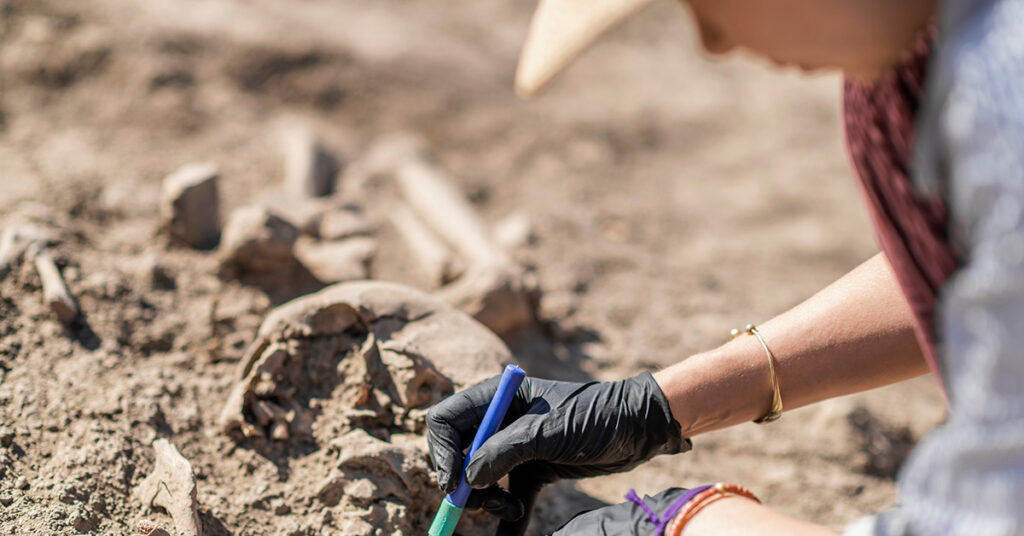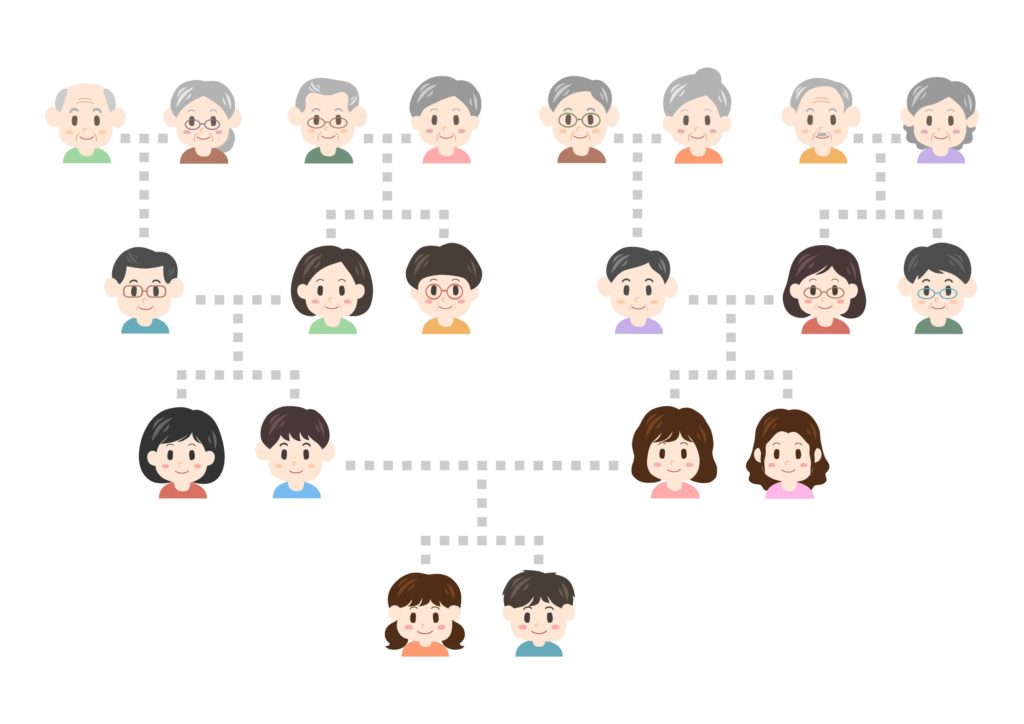What makes humans “human”?

On October 3, 2022, the Nobel Assembly at Karolinska Institutet announced the 2022 Nobel Prize in Physiology or Medicine had been awarded to Svante Pääbo, director of the Department of Genetics at the Max Planck Institute for Evolutionary Anthropology in Leipzig, Germany. The Assembly cited his “discoveries concerning the genomes of extinct hominins and human evolution”. They mentioned the highlight of his research: the seemingly impossible task, at the time, of sequencing the Neanderthal genome. The discoveries that followed from this sequencing project continue to redefine our understanding of modern human origins.
The award showcases the technological advancements made in the analysis of ancient DNA. However, Pääbo’s research had an inauspicious beginning. In 1985, he published the results of his early work, cloning and sequencing DNA fragments from a 2,400-year-old Egyptian mummy (1). Unfortunately, later analysis revealed that the samples could have been contaminated by the researchers’ own DNA (2).
Continue reading “Neanderthal DNA and Modern Humans: Svante Pääbo Receives the 2022 Nobel Prize in Physiology or Medicine”
